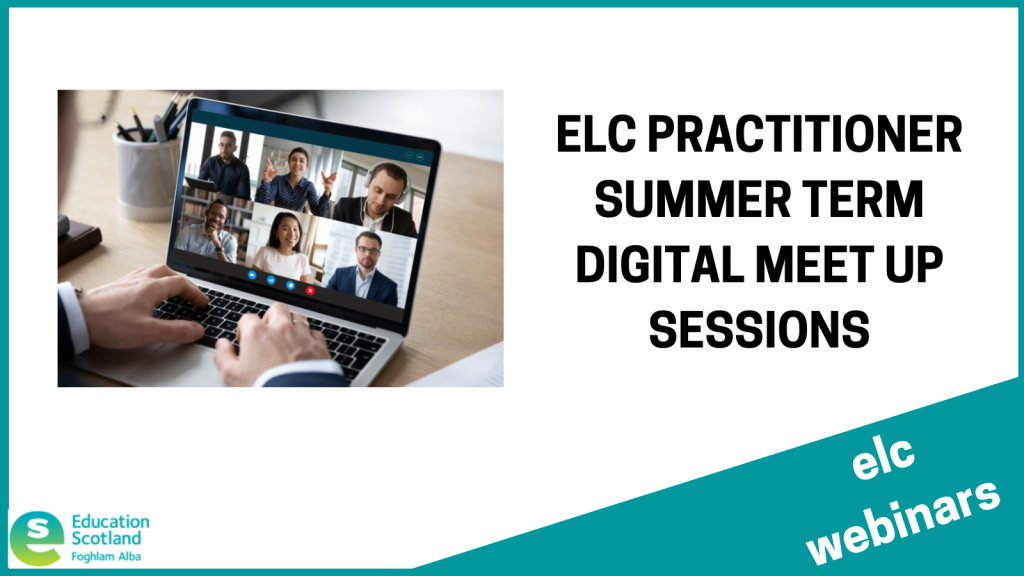



There are clear similarities with the order and progression computing science play based provocations are provided for learners of any level.
A concrete – pictorial – abstract concept, similar to how we introduce mathematical concepts e.g. counting concrete objects such as pebbles, progressing onto subitising with visuals or with a dice then finally counting in our heads with no prompts to help us.
In computing science, we look at the concrete stage as using our bodies, physical devices and objects we can physically manipulate.
At the pictorial stage we are looking at block-based coding and using visuals suitable for pre readers such as pictorial algorithms such as visual timetables and simple sequences of instructions for baking and creating and retelling stories.
Later on, in the abstract stage, we are looking at more complex coding, with less pictures and more words, introducing coding language such as Javascript and Python.


Computing Science is fun, exciting and engaging for learners of all ages and it can be introduced to early level learners through play across the curriculum.
There are 3 organisers in the Computing Science curriculum, running throughout BGE. Computational Thinking is the golden thread that runs throughout our curriculum and our lives. It is intertwined in almost everything we do in life and encourages us to be curious about problem solving, creatively discover solutions and learn how to identify and confidently correct errors. Computing Science play-based provocations can be provided without any devices at early level (and beyond). Opportunities for unplugged computing science activities lay the foundations of understanding algorithms and programming and is a fun, developmentally appropriate way to introduce computing science with early level learners.
Glow Blogs uses cookies to enhance your experience on our service. By using this service or closing this message you consent to our use of those cookies. Please read our Cookie Policy.